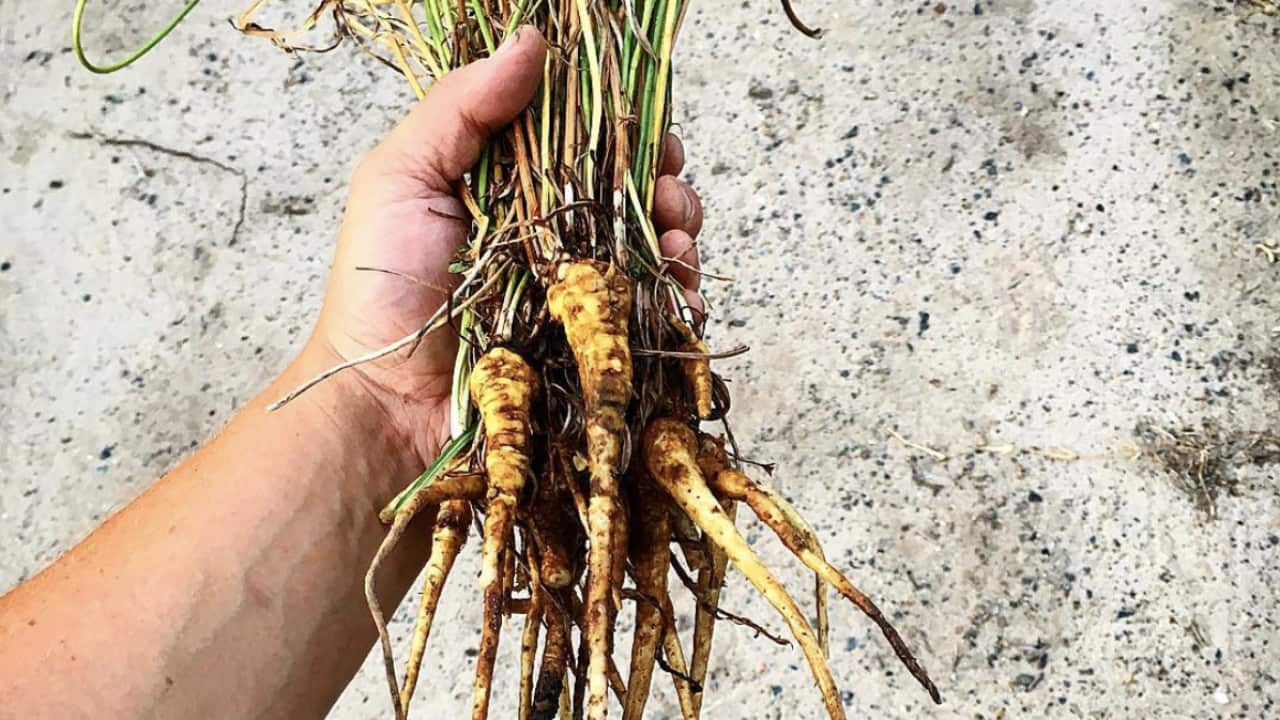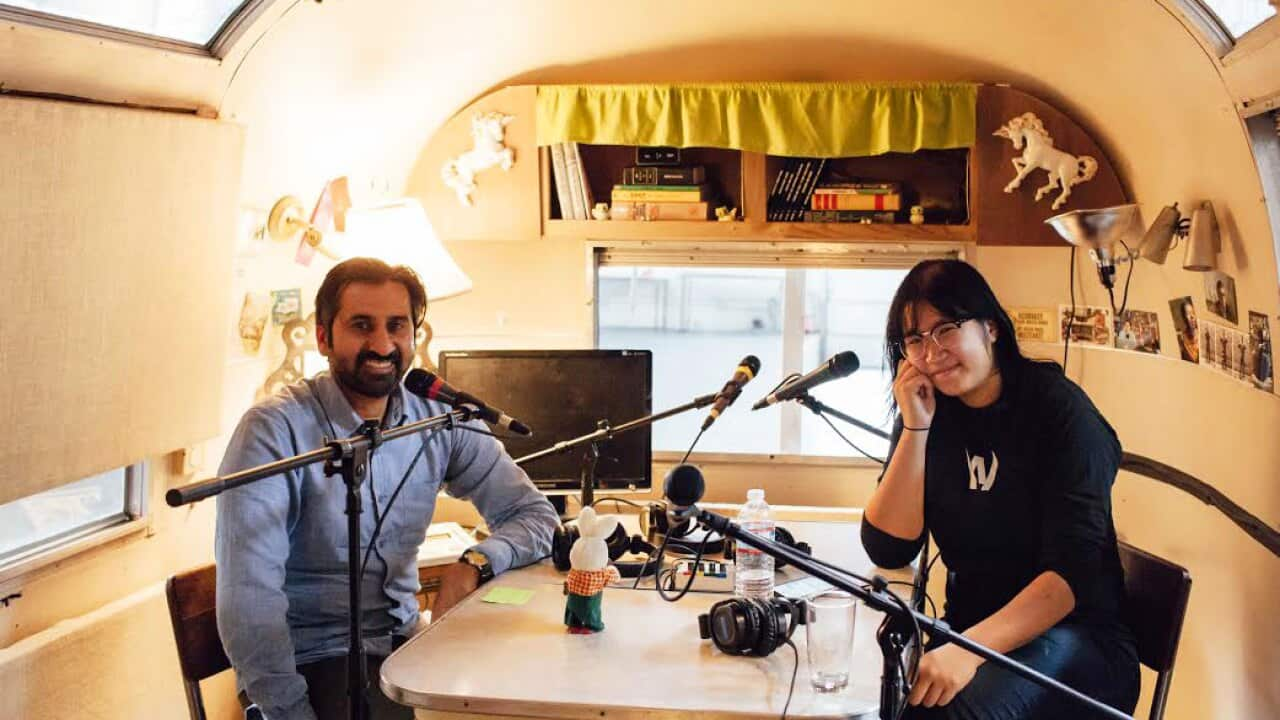The Aboriginal grains and tubers domesticated by Aboriginal people actually want to grow here because this is their home, they’re Australian. Everything from overseas has to be mollycoddled; more water, more fertiliser, pesticides, less sun and yet it never seems to occur to us that Australian plants are good to eat, good for us after 100,000 years of testing, and good for the country. Most are perennial so there is less tilling involved, so less carbon release, plus we don’t have to devote scarce water resources and fertilisers. And we reduce our dependence on using weedicides and pesticides. We could reach our carbon emission targets easily by growing these plants. So why don’t we? Are we that paranoid about Aboriginal claims to the land that we can’t acknowledge the plants tested and domesticated over a longer period than anywhere else on earth?
We could reach our carbon emission targets easily by growing these plants. So why don’t we? Are we that paranoid about Aboriginal claims to the land that we can’t acknowledge the plants tested and domesticated over a longer period than anywhere else on earth?

Bruce Pascoe propagating murnong seeds with the help of a friend (Facebook/Gurandgi Munjie) Source: Facebook/Gurandgi Munjie
John Howard was right. Australia should get over it.
Good honest Aussie tucker
are one of the most versatile and wholesome vegetables on the planet. , also known as bulrush, is the best salad vegetable I have ever eaten and you can make bread from the starch.
- nearly 50,000 years before another woman anywhere in the world came up with the same kind of enterprise, invention and chemistry. Two hundred years have passed since British explorers Charles Sturt and Thomas Mitchell extolled the virtues of Aboriginal breads, describing them as the lightest and sweetest they’d ever tasted, and the grains from which they were baked have never been discussed on Australian television. Is that aversion to the real history of the country or culinary and economic sloth?
Come on Aussie, come on
Learn to love your country for what it is, learn to love what it grows, learn to grow healthy in its production and learn how to make food production sustainable and environmentally friendly.
Wilt some in a pan, sprinkle some shaved macadamias over them, add some desert lake salt, a tiny bit of Australian olive oil and then zest it with . You’ll be so Australian your pancreas will look like Tasmania.
(microseris lanceolata) grew with , moth orchid and moss in an unbroken Aboriginal estate across the entire Western District of Victoria, in a managed agricultural area. Sheep destroyed it within weeks of feeding on it.
It is one of the sweetest tubers you will ever taste, is six times as nutritious as a potato, needs no supplementary water or fertiliser and has a ‘sugar’, fructans, that is friendly to diabetics. Tell me this plant is not commercial! Australians will relish it when it comes on the market, they will learn to cook it as well as the beautiful grains, and we will create a truly Australian cuisine. No more rubbish talk about lamingtons and Vegemite.
But how will we share what Aboriginal people have cultivated? Like we shared the land?
Come on Aussie, fair suck of the sauce bottle here’s the opportunity to recognise Aboriginal cultural and economic excellence and put our money where our mouth is. Instead of mouthing platitudes about Aboriginal employment, we will buy food directly from the descendants of the people who developed an incredible array of health-giving crops and managed them in perpetuity … until 1788; until the British insisted on the sheep and the spud.
Rule Britannia, Britannia stuffs the soil, no more Aboriginal foods in New South Wales. (Apologies to some sections of the Australian Labor movement for using a version of a ditty some of their members sang in the 1950s to thwart Asian migration.)
We can do better than this as a country. And in eating our way to health as a country and individuals, we can also love our land and learn our history.
Bruce Pascoe is an award-winning writer, author and anthologist and a Boon Wurrung, Tasmanian, Yuin man. His book, was awarded the 2016 NSW Premiers' Literary Book of the Year Prize and the Indigenous Writer's Prize.
a selection of dedicated programming, special events and news highlights with a focus on encouraging greater understanding of Indigenous Australian perspectives on 26 January. Join the conversation #AlwaysWasAlwaysWillBe.








